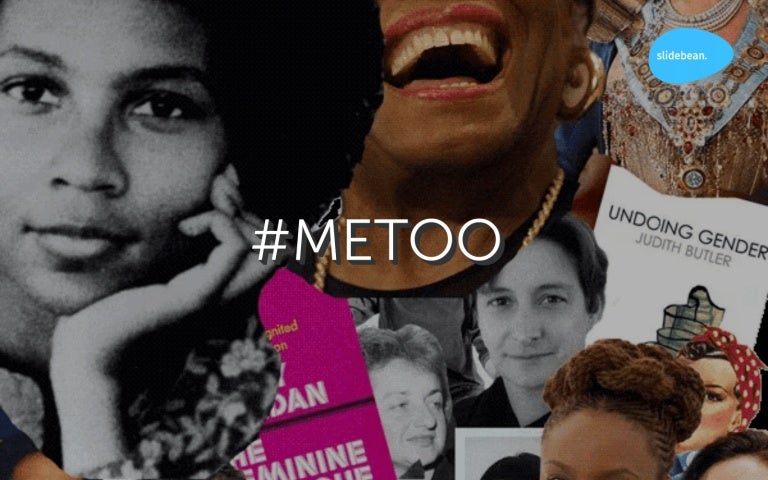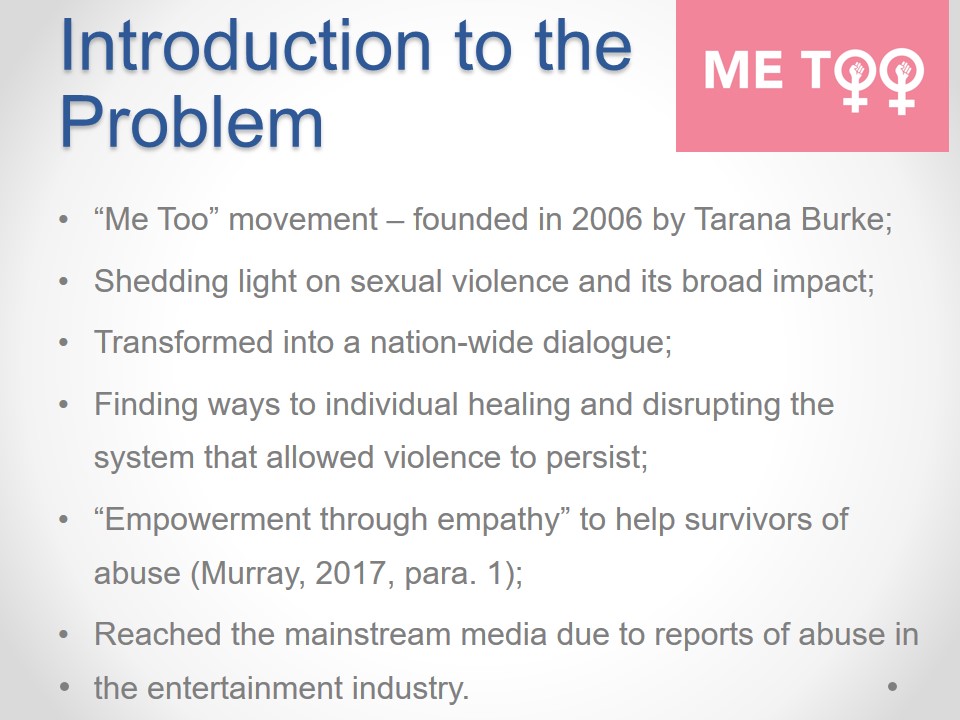The #MeToo movement has emerged as a powerful force advocating for survivors of sexual violence and harassment. It has reshaped public discourse around gender, power dynamics, and accountability. However, the intersection of high-profile cases and the movement is often fraught with complexities, as seen in the case of Amber Heard. This article explores the intricate relationship between Amber Heard and the #MeToo movement, delving into her allegations against ex-husband Johnny Depp, public perceptions, and the broader implications for the movement itself.
Understanding the #MeToo Movement
Launched in 2006 by activist Tarana Burke and popularized in 2017, the #MeToo movement aims to empower survivors of sexual assault and harassment to speak out and seek justice. Its impact has been profound, leading to significant cultural shifts and legislative changes, including:
- Increased awareness of sexual violence and harassment in various industries.
- Encouragement for victims to share their stories, fostering solidarity.
- Heightened scrutiny of powerful figures accused of misconduct.
Despite its successes, the movement faces challenges, particularly in high-profile cases where public opinion can be divisive.
Amber Heard: Background and Allegations
Amber Heard is an actress known for her roles in films like “Aquaman” and “The Rum Diary.” Her tumultuous marriage to actor Johnny Depp became a focal point of media attention when Heard alleged that Depp physically and emotionally abused her during their relationship. In 2016, Heard filed for divorce and sought a restraining order against Depp, claiming he had been violent toward her.
Heard’s allegations became part of a larger narrative surrounding domestic violence and abuse. In 2018, she wrote an op-ed for The Washington Post, where she identified as a survivor of domestic violence, though she did not name Depp. The op-ed reignited discussions about her claims and sparked a public backlash against both Heard and Depp, leading to a highly publicized defamation trial in 2022.
The Defamation Trial: A Turning Point

The 2022 defamation trial between Amber Heard and Johnny Depp attracted global media attention. Depp sued Heard for $50 million over her op-ed, claiming it damaged his career and reputation. Heard counter-sued for $100 million, asserting that Depp and his legal team had defamed her.
Throughout the trial, both parties presented conflicting narratives, with evidence ranging from audio recordings to text messages. The jury ultimately ruled in favor of Depp, awarding him $10 million in compensatory damages and $5 million in punitive damages (later reduced to $350,000). Heard was awarded $2 million for her counterclaim.
The Impact of the Trial on the #MeToo Movement
The trial’s outcome raised important questions about the #MeToo movement and its implications for future cases of domestic violence. Some of the key points of contention included:
- Public Perception: The trial polarized public opinion, with many taking sides based on their perceptions of the evidence presented. This division led to doubts about the credibility of survivors and the seriousness of their claims.
- Victim Blaming: Heard faced extensive public scrutiny and backlash, which some argue reflects a broader societal tendency to disbelieve female survivors. Critics of the trial argued that it might deter future victims from coming forward due to fear of similar public humiliation.
- Media Representation: The sensationalized media coverage of the trial often overshadowed the broader issues of domestic violence and abuse. The focus on personal drama detracted from the movement’s core message.
Amber Heard’s Role in the #MeToo Narrative
Heard’s involvement in the #MeToo movement is complex. On one hand, her allegations against Depp contribute to the broader conversation about domestic violence and the importance of believing survivors. On the other hand, the trial’s outcome has prompted discussions about the potential for misuse of the movement.
Some advocates argue that Heard’s case could set a precedent that may harm future victims, as it raises questions about the reliability of testimonies in the public realm. Critics assert that the high-profile nature of the case could lead to skepticism regarding genuine claims of abuse, thus complicating the fight for justice.
Case Studies and Broader Implications

Heard’s case is not isolated; it reflects a pattern seen in other high-profile cases where allegations of abuse are met with public skepticism or backlash. For instance:
- Harvey Weinstein: The allegations against the former film producer led to a wave of accusations from other women, illustrating the potential for collective empowerment. However, Weinstein’s trial also highlighted the complexities of proving allegations in court.
- Bill Cosby: Cosby’s multiple allegations of sexual assault and his eventual conviction underscored the challenges survivors face when seeking justice. His case shows how public opinion can sway significantly over time, often influenced by media narratives.
These examples illustrate the nuances of the #MeToo movement, where individual cases can impact public perception and collective action.
Lessons Learned and the Future of the #MeToo Movement

As we reflect on the relationship between Amber Heard and the #MeToo movement, several lessons emerge that could shape its future:
- Intersectionality: The movement must address the complexities of race, class, and gender, ensuring that all voices are heard and validated.
- Supporting Survivors: A critical focus should remain on how to create safe spaces for survivors to share their experiences without fear of backlash or disbelief.
- Media Responsibility: The role of media in shaping narratives surrounding abuse is significant. Responsible reporting can help maintain the integrity of the movement and support survivors.
Conclusion: Navigating the Complexities Ahead

Amber Heard’s relationship with the #MeToo movement illustrates the intricate dynamics at play in high-profile cases of abuse. While her allegations brought attention to critical issues regarding domestic violence, the subsequent trial raised pressing questions about public perception, victim blaming, and the movement’s future. As society continues to grapple with these complexities, it is essential to prioritize the voices of survivors, ensuring that their experiences are validated and heard. The #MeToo movement remains a vital force for change, but it must evolve to address the challenges and nuances that arise from individual cases like that of Amber Heard.


